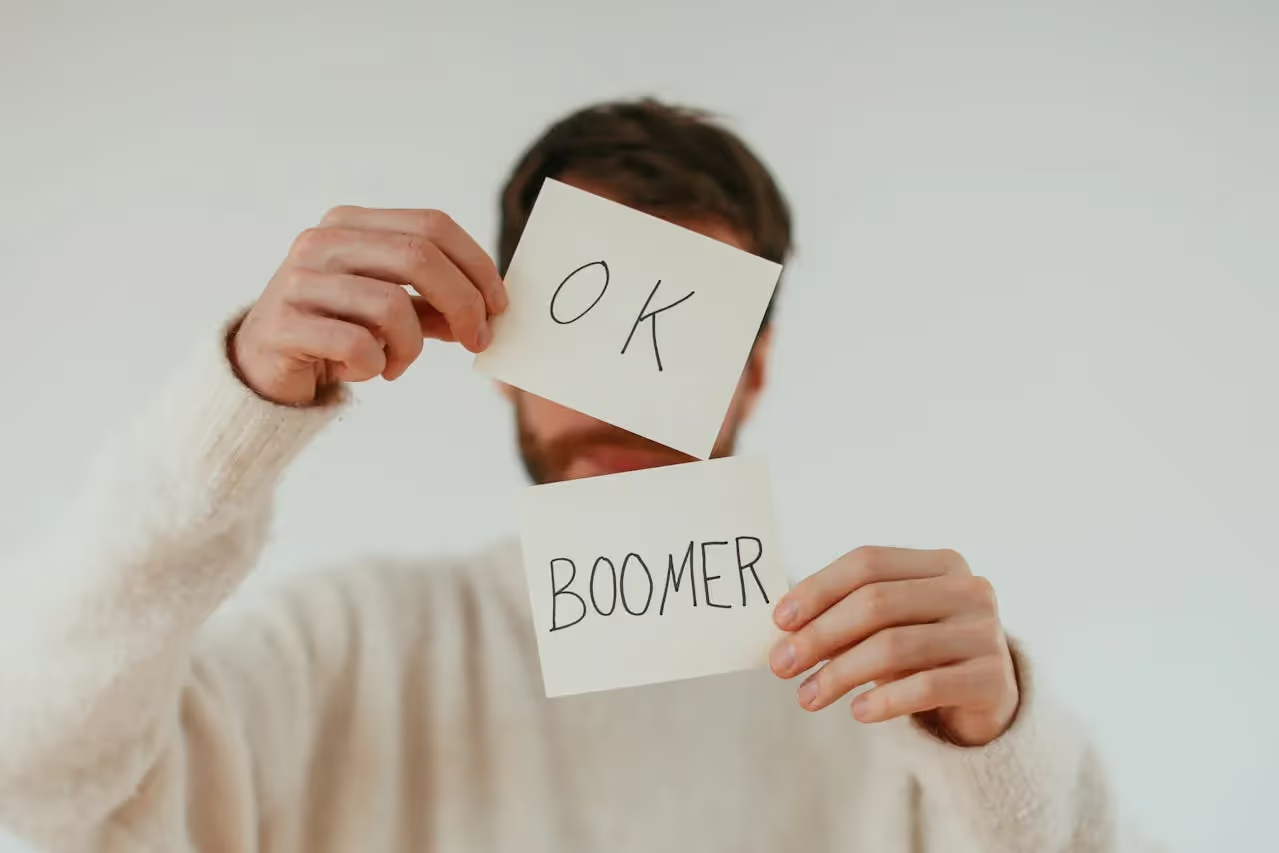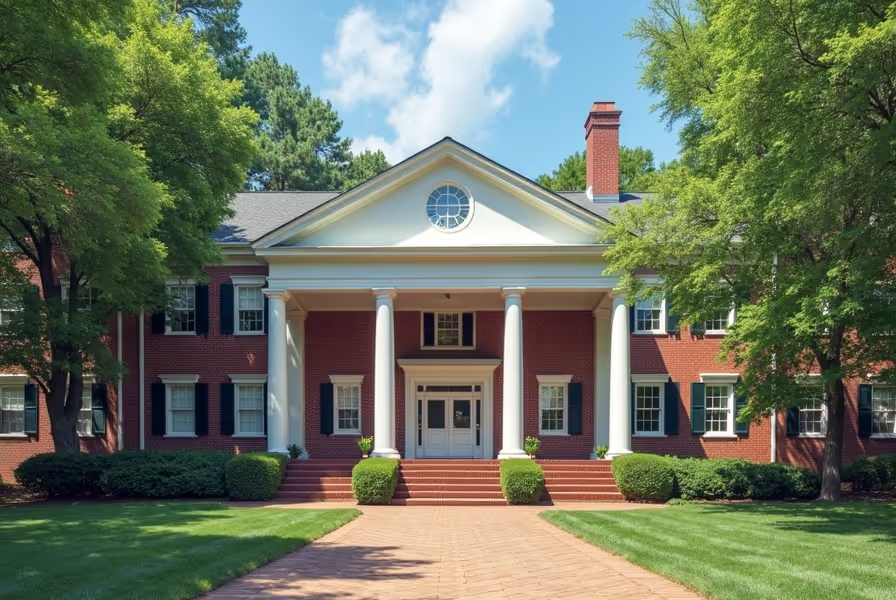Understanding Minnesota Slang: A Local Language Guide
If you’ve ever visited the Land of 10,000 Lakes or plan to relocate, understanding Minnesota slang terms can help you feel right at home. Regional expressions reflect the culture, humor, and history of the people. In Minnesota, informal language blends Norwegian, German, and Midwest values into common phrases used in everyday conversations.
This guide will walk you through popular Minnesota slang terms and common phrases. You’ll also find the meanings behind these expressions to help you navigate local conversations and enjoy your experience more deeply.
Why Learn Minnesota Slang Terms?
Slang terms and regional phrases offer more than just colorful language. They help build trust, show cultural awareness, and connect you with locals. Here are a few reasons to learn Minnesota expressions:
- Create stronger connections with Minnesotans
- Understand local humor and references
- Avoid confusion in day-to-day conversations
- Appreciate Minnesota’s unique cultural blend
Popular Minnesota Slang Words and Their Meanings
These are some of the most recognized slang terms in Minnesota locals' vocabulary. You’ll hear them in conversations, local news, and even in friendly neighbor chats.
- Uff-da: A Norwegian-American expression meaning “oh my” or “wow.” Used when surprised, relieved, or even frustrated.
- You betcha: A positive way of saying “definitely” or “absolutely.” Often used in agreement or to signal polite enthusiasm.
- Dontcha know: A playful tag at the end of a sentence, used for emphasis or to engage the listener. Example: "It's cold out, dontcha know."
- Hotdish: A popular Midwest casserole, usually made with meat, starch, and canned soup. It’s a go-to dish for potlucks and family gatherings.
- Snowbird: A person who lives in Minnesota but spends winters in a warmer climate like Arizona or Florida.
- Ope: A quick sound Minnesotans make when they bump into someone or need to squeeze past. Example: “Ope, excuse me!”
- Duck, Duck, Gray Duck: Minnesota’s version of the children’s game "Duck, Duck, Goose." Expect surprise if you use the more common name.
- Skol: A chant used by fans of the Minnesota Vikings. It comes from Scandinavian roots and means “cheers.”
- Cabin up North: Refers to a weekend getaway at a family or rental cabin in Northern Minnesota. Very common in summer conversation.
Everyday Minnesota Sayings You Should Know
Many Minnesota slang expressions go beyond single words. Phrases used throughout the state carry a mix of politeness, subtle humor, and practicality.
- "Could be worse." – A modest way of expressing resilience or minimizing complaint.
- "Well, that’s different." – A diplomatic way of saying something is strange or unusual without offending anyone.
- "That's interesting." – Often used when the speaker may not actually find something interesting but wants to stay polite.
- "Pretty good, then." – A casual wrap-up to confirm all is well or approved.
FAQs About Minnesota Dialects and Expressions
What is Minnesota nice?
“Minnesota nice” describes the state’s culture of politeness, reserved behavior, and helpfulness. It also reflects a quiet, indirect communication style. While it seems overly formal to some, locals see it as a sign of respect and hospitality.
How does Minnesota slang differ from other Midwest states?
Some overlap exists, but Minnesota incorporates more Scandinavian roots. Expressions like “uff-da” and “skol” are hardly heard outside the state. Additionally, terms like “hotdish” and “Duck, Duck, Gray Duck” are distinct regional identifiers.
Is Minnesota’s accent similar to Fargo?
There is a similarity. However, not everyone in Minnesota speaks with a strong accent. The “Fargo” portrayal is an exaggerated version of the northern dialect. You’ll still hear drawn-out vowels and clipped consonants, especially in rural areas.
Do younger Minnesotans still use these slang terms?
Some terms like “ope” and “you betcha” remain widely used across generations. Others, like “uff-da,” might be more common among older residents. However, regional pride encourages younger generations to keep traditions alive.
Using Minnesota Slang Respectfully
If you’re not from Minnesota, using slang terms can be fun but should be respectful. Locals appreciate genuine interest, but stay aware of tone and context. Don’t mimic the accent unless invited. Instead, aim to listen, learn, and let conversations guide you.
Tips for Understanding and Using Regional Minnesota Sayings
- Listen closely when locals talk—context reveals meaning.
- Stick with friendly expressions like “ope” and “you betcha” to start.
- Keep phrases lighthearted—most are used humorously or affectionately.
- Avoid assuming meanings. Ask respectfully if unsure.
- Pay attention to regional events, sports culture, and food traditions to hear slang in use.
The Cultural Roots of Minnesota Terminology
Minnesota’s slang and phrases are shaped by its cultural history. With a large population of Scandinavian and German immigrants mixed with Indigenous and French-Canadian influences, regional language evolved alongside traditions, beliefs, and food practices.
In particular, the state’s connection to rural life, close-knit communities, and harsh winters developed a communication style that is pragmatic, warm, and community-centered.
Final Thoughts: Embracing the Minnesota Way of Speaking
Learning Minnesota slang is more than mastering a few phrases. It’s about understanding the values behind them—kindness, humility, and connection. By adopting and recognizing these expressions, you show respect for local culture and become part of the shared storytelling that makes Minnesota unique.
So next time you hear someone say “Ope!” or “You betcha,” you’ll know exactly what they mean—and you just might respond in kind.











.svg)



